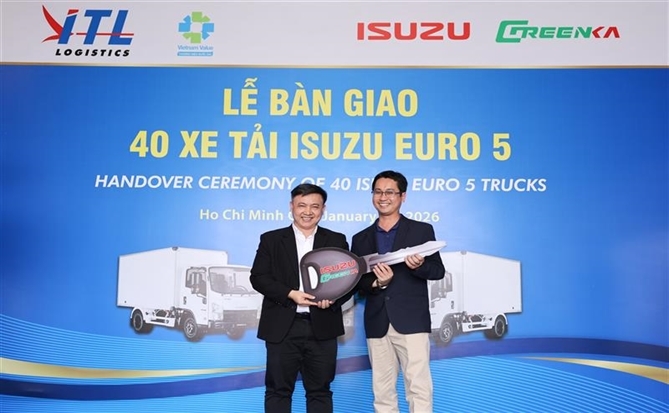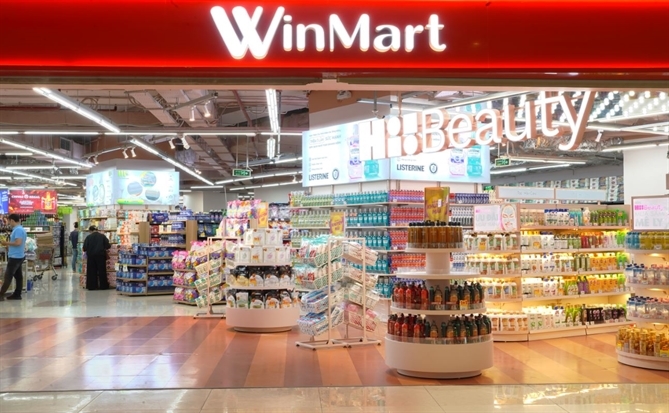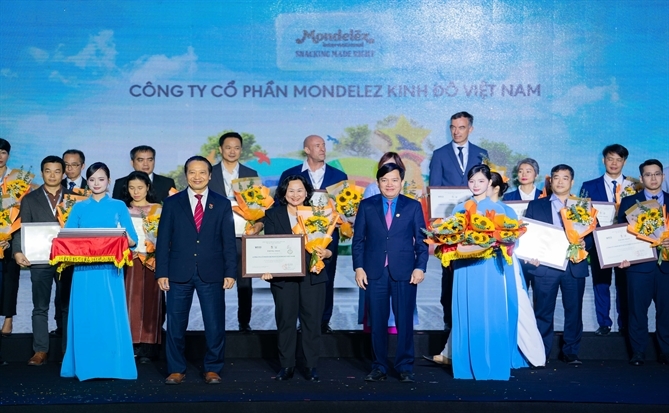Vietnamese coffee sector attempts to fulfill new EU rule
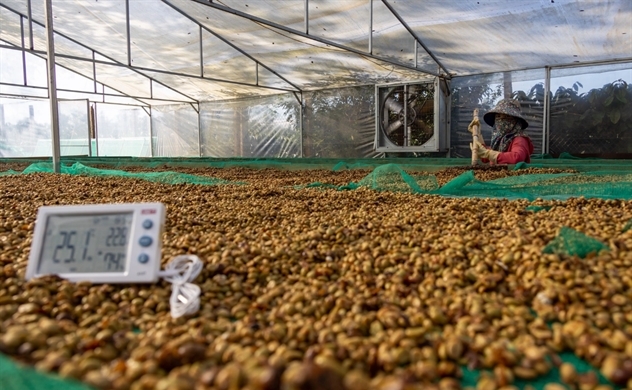
This image shows farmers in Dak Lak Province, located in Vietnam’s Central Highlands region, drying whole coffee beans according to a natural method. Photo by Trung Tan.
The EU's Deforestation-Free Regulation (EUDR), enacted by the EU Parliament on April 19, ensures that EU citizens' products do not contribute to deforestation or forest degradation worldwide, according to the European Commission (EC).
According to Vicofa, the new rule will take effect between December 2024 and January 2025, giving the Vietnamese coffee business 18 months to prepare to satisfy EUDR criteria.
The EC expects the new rule to reduce greenhouse gas emissions and biodiversity loss by supporting "deforestation-free" products.
The EUDR regulates coffee, cocoa, palm oil, rubber, and its products like chocolate, tires, and shoes.
According to Vicofa chairman Nguyen Nam Hai, 8,000ha of Vietnam's 90,000ha forest loss in 2021 were in coffee-growing areas, posing a major threat to the billion-dollar coffee business.
Hai highlighted that if they are to be used to grow coffee, this issue must be resolved immediately.
Since the domestic coffee price has hit VND70,000 (US$3) per kilogram, the highest in 15 years, the Vicofa head warned that farmers may destroy forests to harvest coffee.
Vietnam sends 40% of its coffee to the EU, according to Vicofa.
Vietnam is the EU's second-largest coffee supplier after Brazil, exporting 662,000 tonnes worth almost €1.54 billion ($1.68 billion) in 2022.
Large firms including Nestlé, JDE, Newmanm, and Louis Dreyfus buy Vietnamese coffee.
Hai said Vietnam's coffee industry must comply with the EUDR to stabilize EU coffee exports.
The association chairman advised accelerating preparations because the new rule will take effect soon.
The Netherlands-based Sustainable Trade Initiative's regional director, Tran Thi Quynh Chi, stated Vietnam has low coffee-related deforestation.
Chi stated a large European buyer's judgment that Vietnam's coffee deforestation rate was under 0.1 percent, suggesting that Vietnamese coffee could comply with the EUDR.
“Vietnam is still at risk as farmers may destroy forests for coffee production in the coming time to earn more profit from coffee prices being on the rise,” Chi said, agreeing with Hai.
As it is difficult to implement all measures at once, she suggested that EUDR preparations follow a road plan.
Hai said coffee growers, merchants, and exporters must work together to improve traceability in Vietnam to comply with the new requirement.
Nguyen Phu Hung, chairman of the Vietnam Forestry Science and Technology Association, suggested training farmers on anti-deforestation regulations.
According to Nguyen Do Anh Tuan, director of International Cooperation Department under the Ministry of Agriculture and Rural Development, the Vietnamese coffee sector must apply global positioning systems for each coffee-growing area to monitor deforestation risks with remote sensing systems under the EUDR.
The sector will struggle to achieve EUDR standards. “Challenges present export opportunities, and we must be ready to seize them,” Tuan said.
He noted that Vietnam urgently requires EUDR-compliant reports and disclosures.
“Strict compliance with the new regulation will help coffee products from Vietnam be more competitive in the EU market than those from countries that have yet to meet it,” Tuan said.
He said most of Vietnam's coffee acreage fulfills EUDR requirements.
Source: Tuoi Tre News
Same category news
Hot news of the day
Latest news
-
Hong Thu - Bao Han
Ms. Luu Bao Huong, Chairwoman of GG Corporation: Logic guides, the heart ...

 TIẾNG VIỆT
TIẾNG VIỆT 
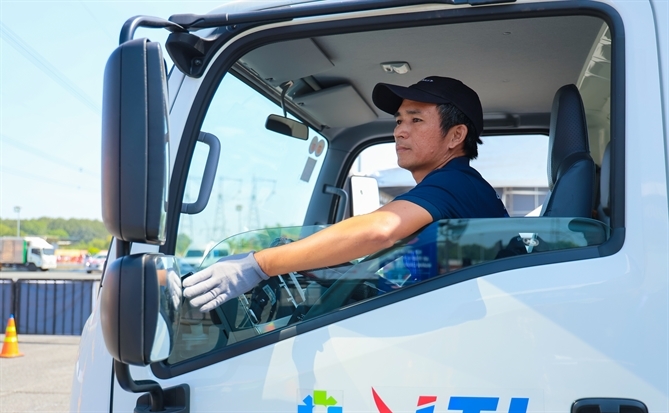
_131447820.png)

